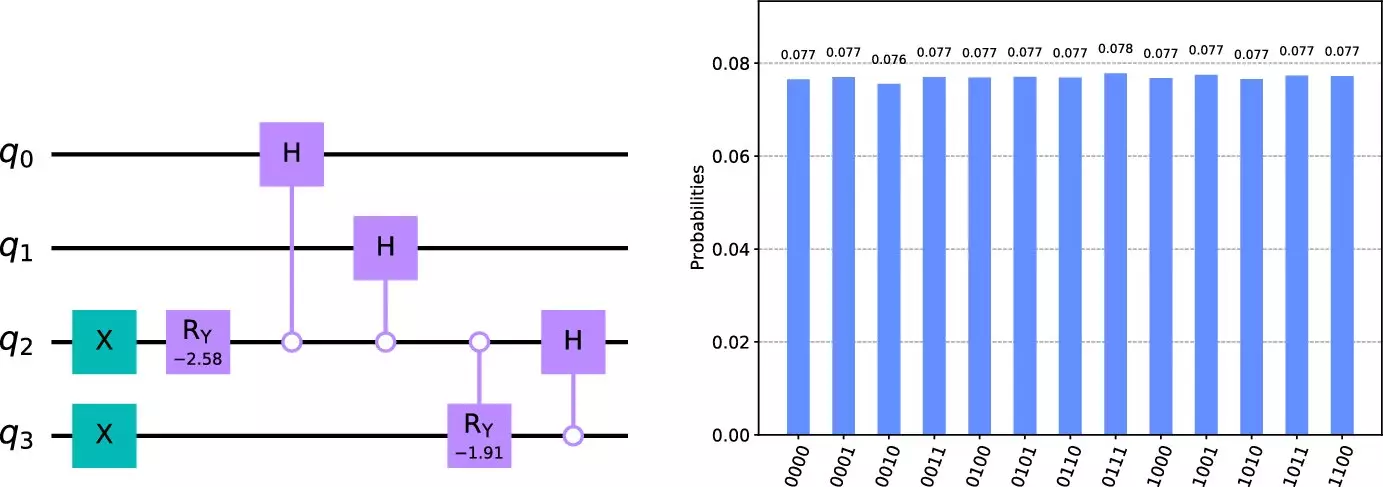In a groundbreaking development in the field of quantum computing, Prakash Vedula, Ph.D., a professor at the University of Oklahoma School of Aerospace and Mechanical Engineering, has introduced an algorithm that has been integrated into advanced computing software by Google and IBM. This algorithm, known as the Shukla-Vedula algorithm, is a significant improvement over existing methods, particularly in the creation of uniform quantum superposition states.
The Shukla-Vedula algorithm, developed by Prakash Vedula and his research collaborator Alok Shukla, Ph.D., offers a more efficient approach to reducing the complexity of a fundamental step required for many quantum algorithms. This algorithm has practical applications across various industries, including quantum search, optimization, solution of differential equations, signal processing, cryptography, finance, and artificial intelligence.
Major quantum software platforms like Cirq by Google and Qiskit by IBM have integrated the Shukla-Vedula algorithm into their latest software versions. This integration is a clear indication of the significance of the algorithm in the quantum computing field. Furthermore, companies like Goldman Sachs are already leveraging this algorithm to analyze financial risks in financial derivatives.
Professor Vedula is optimistic about the future impact of the Shukla-Vedula algorithm. He believes that this innovation will drive significant improvements in quantum computing applications across various industries. The exponential improvement demonstrated by this algorithm without the need for additional resources is truly remarkable.
As the Shukla-Vedula algorithm gains traction in the quantum computing community, its potential for revolutionizing the field becomes increasingly apparent. The widespread adoption of this algorithm by industry giants like Google, IBM, and Goldman Sachs speaks volumes about its effectiveness and practicality. With ongoing advancements and research in quantum computing, the Shukla-Vedula algorithm is poised to shape the future of computing technology.


Leave a Reply